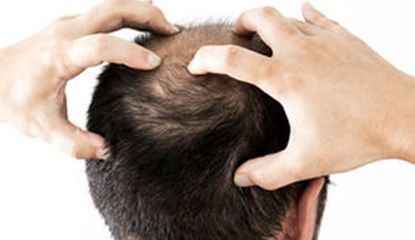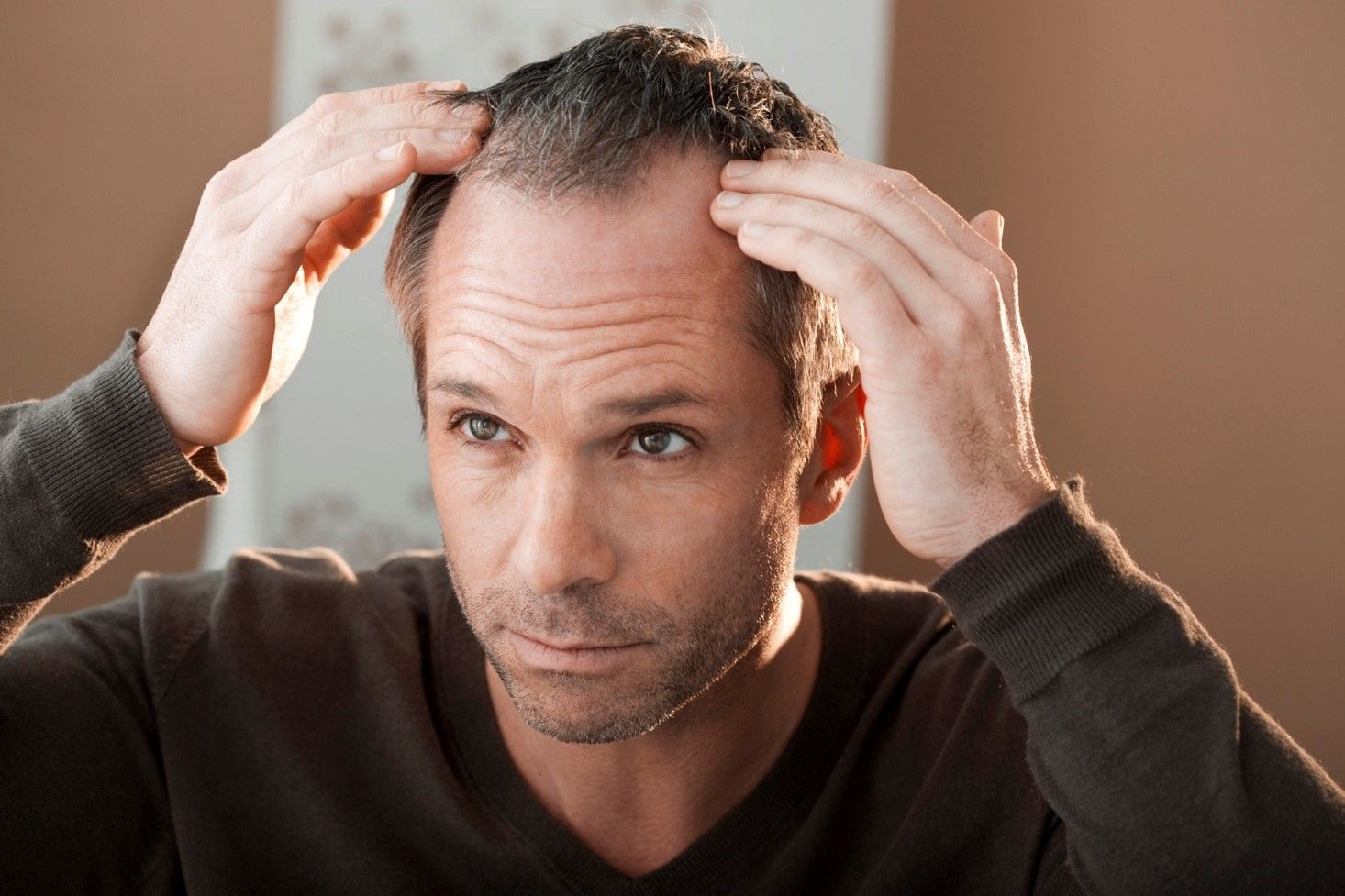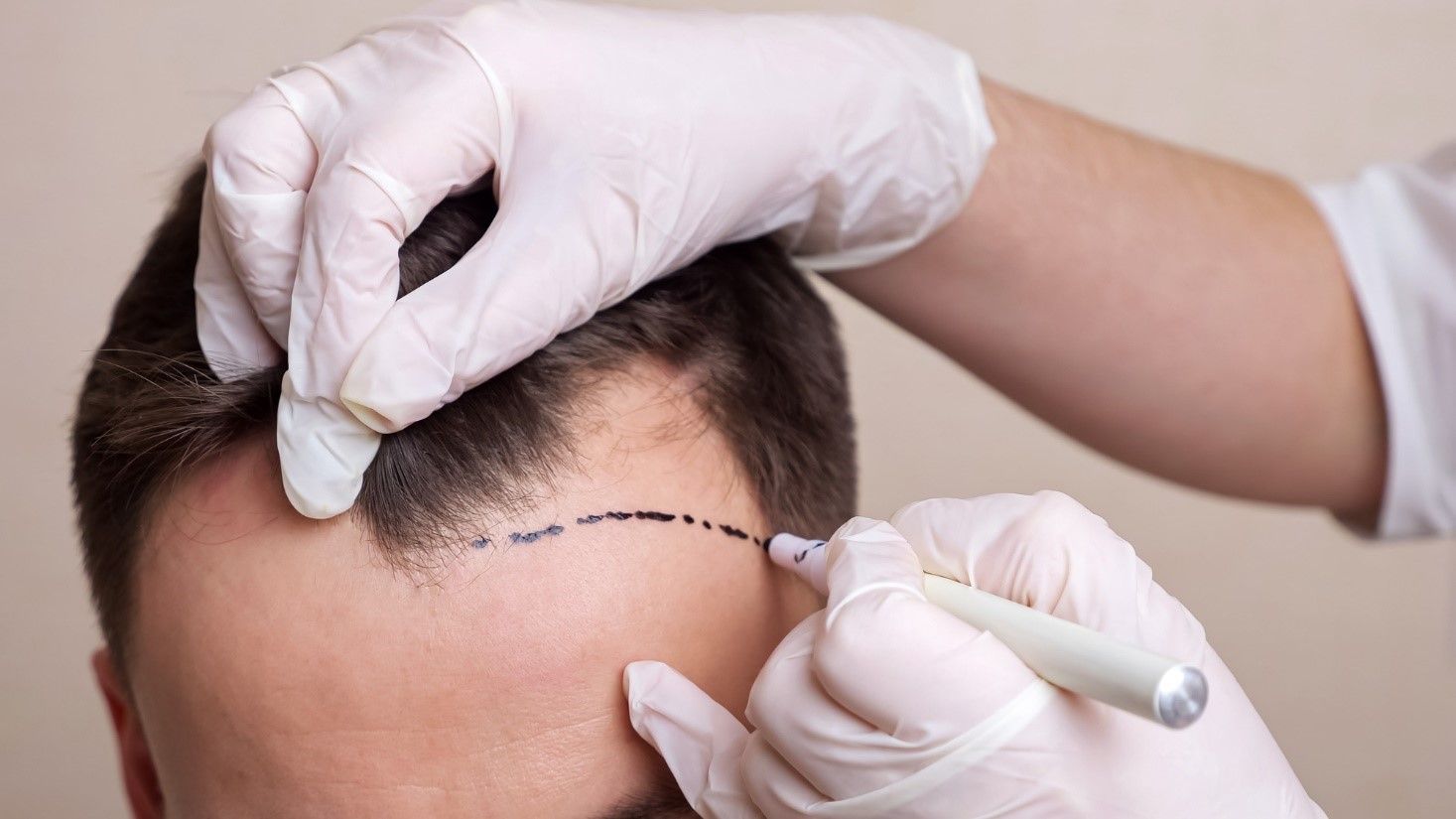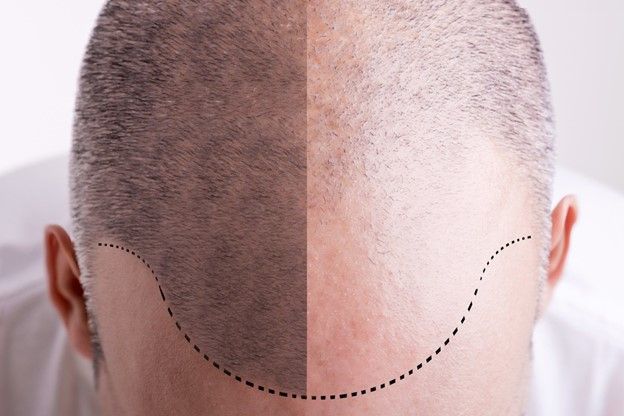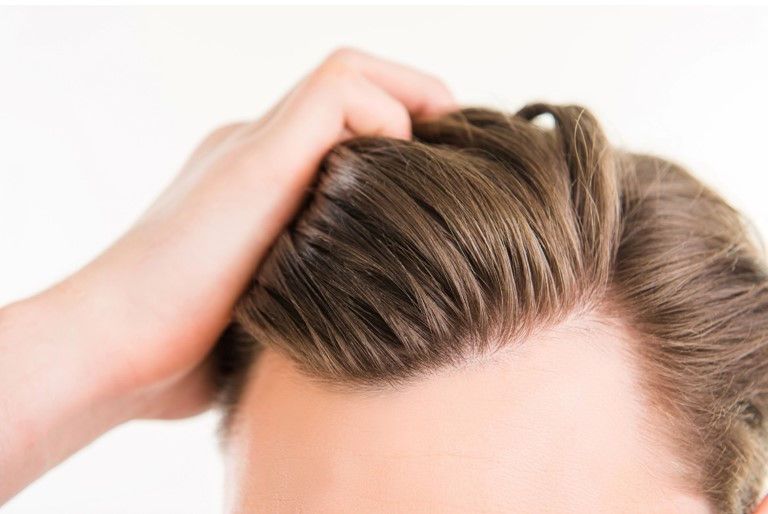Five Common Causes of Hair Loss in Women

Five Common Causes of Hair Loss in Women
September 15, 2020
Minimal hair loss is pretty normal and is a sign that your body is growing new hair to replace the old one. Hair typically grows in three cycles; the anagen cycle (growing phase lasts for two to eight years), the catagen cycle (transition phase lasts for about two to three weeks) and the telogen cycle (resting phase lasts for about two to four months).
After the telogen cycle, the hair usually falls out. But if you notice that your hair is thinner and you are losing more than usual hair, you might want to understand the precise reason for such sudden hair loss. There could be various different reasons for hair loss in women, such as hormonal changes, trauma, infections, chemicals, and medical conditions.
Rely on Dr. Paul C. Cotterill for hair restorations using the latest hair transplant methods. We have been providing hair transplant surgery for over 28 years.!
Reasons for Hair Loss in Women
The normal cycle of hair growth goes through three main stages; anagen, catagen, and telogen. Let's look at what happens during each stage.
Few common causes that cause hair loss in women are:
1. Genes
Genes play an important role in female pattern hair loss, also known as androgenetic alopecia. Women can inherit pattern baldness from either of the parents. It is most common when you age and commonly starts after menopause. Typically a combination of genetics, hormone levels and the ageing process can cause hair loss in women. Consult a dermatologist to understand if you are suffering from female pattern hair loss or losing hair due to another condition.
2. Medical and Other Issues - sudden hair loss can be due to:
- Medical Conditions: Thyroid disorders, rheumatoid arthritis or anemia can cause hair loss as one of their symptoms
- Autoimmune Diseases: PCOS, psoriasis and alopecia areata can lead to hair loss in which the immune system attacks the hair follicles
- Trauma: Extreme stress can lead to temporary hair loss as the body halts the hair's growth to get you through the stressful situation
3. Pregnancy
During pregnancy, many women notice an exponential increase in hair growth. This is basically due to the surge of the estrogen hormone. After pregnancy, once the estrogen levels are normal, you might notice mild or intense shedding of hair. Postpartum hair loss is usually temporary and can return to normal in six to twelve months. Consult with your health care provider for maintaining a proper balance of hormones during and after pregnancy.
4. Hairstyling
Hairstyles such as tight braids or ponytails can lead to traction alopecia. It leads to progressive thinning of hair follicles, which might cause permanent hair loss. Ensure you follow gentle brushing techniques and mild soothing procedures for your hair. To improve your hair growth, consult a dermatologist to help reverse the damage.
5. Medications
Though medications help you treat variousf hair due to some health issues, some medications might be a cause of your hair loss. Medications might cause two types of hair loss: telogen effluvium (occurs in the third cycle of hair growth and is temporary) and anagen effluvium (occurs in the growing phase and is long term). Telogen effluvium can occur within two to four months of taking the medication, such as acne, antibiotics or birth control pills. Anagen effluvium occurs within days to weeks after taking medication, usually seen with chemotherapy medications.
There are many methods to regrow lost hair and it will depend on the extent of your thinning hair or baldness. We highly recommend getting in touch with an experienced professional to look into this deeply and get a precise solution. Dr. Paul C. Cotterill holds over 30 years of experience dealing with various hair issues and providing effective solutions for hair restorations – with actual results. We also provide reliable PRP therapy in Toronto (a non-surgical procedure using injections).
Get in touch with us today to book a consultation to understand your treatment options for hair loss!

